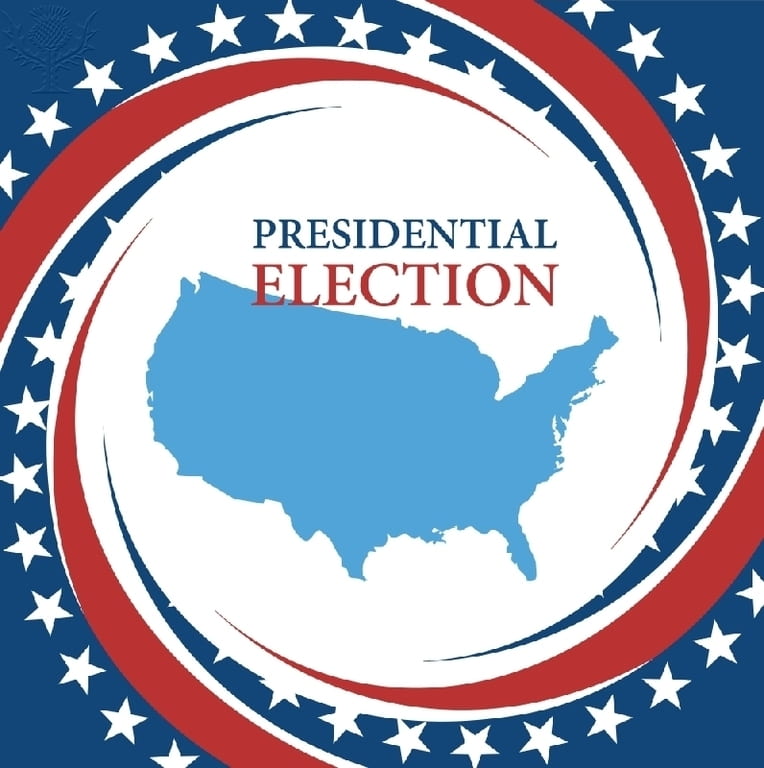By Carrie Holland (’17)
This year’s presidential race has been like no other.
When candidates speak, spar, and court voters in the countdown to the election, political communication takes center stage. So does political communication research.
That’s provided an exciting combination for SCOM faculty Dr. Dan Schill and Dr. Lindsey Harvell-Bowman, and their political communication students. Both professors are involved in nationwide individual and collaborative research projects and share these opportunities with their students.

Harvell-Bowman was invited to be part of a research consortium initiated by the University of Missouri that includes members from various universities and geographic regions in the nation.
The researchers have been analyzing live tweets during the presidential debates to gain a qualitative understanding of what actions make the candidates more favorable to voters.
Harvell-Bowman’s Political Culture students are assisting with this nation-wide research by serving as research assistants for the study.
The SCOM students have been running debate watch-parties by streaming the debates, running pretests and posttests, and live tweeting using certain hashtags so that the data is able to be seen by the others involved in the research.
“It’s a really cool way for students to get involved in research, not only here at JMU but it’s a way for them to say they worked with all these different people,” says Harvell-Bowman. “It allows (students) to see the collaborative nature of research…that we don’t just do them in our silos in the university but that we reach across and work with people at other places.”


Schill has also involved the students in his Political Campaign Communication class involved in the election through coursework.
Throughout the semester, students have been updating the class website stateofaffairs2016.com. The website is divided categorically by state or candidate and the stories have featured provide state-by-state analysis of the current election.
The stories covered a variety of topics in the election based on what is most relevant to each state. The website has also included national stories like “#VPDebate: Best Tweets of the Night” by Katie Rae Smith, and stories about media coverage like “South Park Offering Valuable Social Commentary During Election Cycle” by Alex Lesser.

Some of Schill’s students have gotten even further involved with the election, assisting him with an ongoing longitudinal study that Schill has conducted with CNN since 2008.
In this research study, a live focus group of undecided voters use technology called perception analyzers to show their opinions of candidates second-by-second.
Elvera Gurevich assisted Schill with this research during the first Presidential Debate on September 26. After showing a passion for politics in both of her courses with Schill as well as an aspiration for a career in the field after graduation, she was invited to go to Orlando to get a front row seat of this compelling research.
In Orlando, Gurevich’s responsibilities included getting participants to the viewing party and making them feel comfortable, observing a chart displaying the results from the perception analyzers and recording when results hit highs, lows, or splits. She also recorded which candidate was speaking and what each one said throughout the debate then gathered responses from research participants after the debate.
She gained more understanding of how undecided voters think and make choices about candidates.
“I learned that there are such things as undecided voters,” says Gurevich. “We often think ‘how could this person like this candidate?’ But it was really interesting listening to the undecided voters views on certain things and on the candidates’ images.”
This year’s election opened doors for hands-on course work in Schill’s and Harvell-Bowman’s SCOM political communication classes. According to Harvell-Bowman, the result has been a win-win for students.
“Any time you can take a politics class during election season, it’s awesome.”

Leave a comment